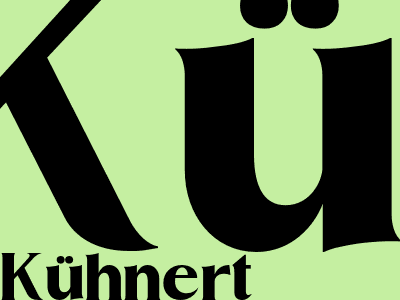
Improving Your Blog's SEO: A Comprehensive Guide
Introduction
Search engine optimization (SEO) is the process of optimizing a website or blog to improve its ranking in search engine results pages (SERPs). By following SEO best practices, you can make your blog more visible to potential readers and increase your chances of attracting organic traffic. Regardless if you're using Google or Blogger, this guide will provide you with the information you need to improve your blog's SEO and increase your visibility online.
In this comprehensive guide, we will cover everything you need to know about SEO for blogs, including:
- Keyword research
- On-page optimization
- Off-page optimization
- Technical SEO
- Tracking and measuring your results
Keyword Research
Keyword research is the process of identifying the keywords that people are searching for when they are looking for information on your topic. By targeting the right keywords, you can increase your chances of your blog being found by potential readers.
There are a number of different keyword research tools available, such as Google Keyword Planner and SEMrush. These tools can help you identify the keywords that are most relevant to your blog and have the highest search volume.
How to do keyword research
There are a variety of ways to do keyword research, but some of the most common methods include:
- Using a keyword research tool
- Searching for your topic in Google and looking at the related searches
- Asking your audience what keywords they are searching for
Once you have identified a list of target keywords, you need to start incorporating them into your blog content. You should use your keywords in your blog titles, headings, and throughout your body text.
However, it is important to avoid keyword stuffing, which is the practice of using keywords too often in your content. Keyword stuffing can actually hurt your SEO ranking, so it is important to use your keywords naturally and sparingly.
On-Page Optimization
On-page optimization refers to the things you can do to your blog to make it more search engine friendly. This includes things like optimizing your title tags, meta descriptions, and header tags.
Here are some of the most important on-page SEO factors:
- Title tags
- Meta descriptions
- Header tags
- Content quality
- Internal linking
Title tags
Your title tag is the title of your blog post that appears in search engine results pages (SERPs). It is one of the most important on-page SEO factors, so it is important to write a title tag that is both informative and keyword-rich.
Your title tag should be no more than 60 characters long, and it should accurately reflect the content of your blog post. You should also include your target keyword in your title tag.
Meta descriptions
Your meta description is the短い説明 of your blog post that appears in SERPs below your title tag. It is another important on-page SEO factor, so it is important to write a meta description that is both informative and engaging.
Your meta description should be no more than 160 characters long, and it should accurately reflect the content of your blog post. You should also include your target keyword in your meta description.
Header tags
Header tags are used to structure your blog post and make it easier to read. They also play an important role in SEO. You should use header tags to break up your content into sections and to highlight important keywords.
There are six different header tags, from H1 to H6. The H1 tag is the most important header tag, and it should be used for the title of your blog post. The H2 tag is the next most important header tag, and it should be used for the subheadings in your blog post. You can use the H3-H6 tags for less important headings.
Content quality
The quality of your content is one of the most important SEO factors. Google wants to rank websites that provide high-quality, informative content. If your blog posts are poorly written or inaccurate, they are less likely to rank well in SERPs.
When writing your blog posts, focus on providing value to your readers. This means writing content that is informative, engaging, and well-written.
You should also make sure that your content is up-to-date and accurate. Google gives preference to websites that provide fresh, relevant content.
Internal linking
Internal linking is the practice of linking from one page on your website to another. This helps Google to index your website and it can also help to improve your SEO ranking.
When you link to other pages on your website, use descriptive anchor text. This helps Google to understand what the page is about and it can also help to improve your SEO ranking.
Off-Page Optimization
Off-page optimization refers to the things you can do outside of your website to improve your SEO ranking. This includes things like building backlinks and promoting your content on social media.
Here are some of the most important off-page SEO factors:
- Backlinks
- Social media
- Local SEO
- Public relations
Backlinks
Backlinks are links from other websites to your website. They are one of the most important off-page SEO factors. Google uses backlinks to determine the authority and credibility of your website. The more backlinks you have, the more likely you are to rank well in SERPs.
There are a number of different ways to build backlinks. Some of the most common methods include:
- Guest blogging
- Forum marketing
- Social media outreach
Social media
Social media is a great way to promote your blog content and attract backlinks. When you share your blog posts on social media, you are making it more likely that people will read them and link to them.
There are a number of